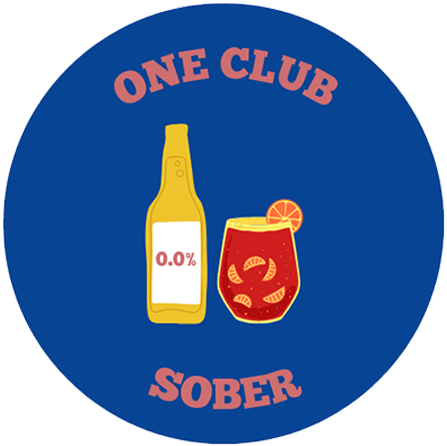As more people seek alternatives to reduce alcohol intake, some may wonder whether non-alcoholic wines are suitable for diabetics.
Yes, diabetics can drink non-alcoholic wine, but it’s important to choose options with low sugar content.
While non-alcoholic wine is generally considered a healthier alternative to traditional wines, not all non-alcoholic wines are suitable for those with diabetes, as some may contain high levels of sugar.
Diabetics should choose non-alcoholic wines that are low in sugar and carbs. Below, I share more about what diabetics need to look out for when choosing a non-alcoholic wine.
Watch The Sugar Content in Non-Alcoholic Wine
Many non-alcoholic wines have a high sugar content per serving because sugar is often added to enhance the taste after the alcohol is removed. Additionally, grape juice is frequently blended in to improve the flavor profile after de-alcoholization, contributing to some natural added sugar.
While the fermentation process involving yeast and crushed grape pulp removes most of the sugar, not all sugars can be fermented. Hence, there will always be some sugar in each glass of wine, whether alcoholic or not.
Expert opinions on daily sugar intake for diabetics vary, with the World Health Organization (WHO) recommending that only 5 to 10% of your calories come from added sugars. The American Heart Association advises limiting sugar to 6 to 9 teaspoons per day, depending on gender.
In addition to sugar, diabetics must also monitor carbohydrate intake since carbs break down into sugars, impacting glucose levels similar to sugar.
Some non-alcoholic wines have up to 11g of sugar per 100ml, which might lead to blood sugar spikes for some adults with diabetes.

Benefits Of Drinking Non-Alcoholic Wine For Diabetics
Drinking non-alcoholic wine can offer additional benefits for diabetics, such as lowering blood pressure, promoting weight loss by eliminating alcohol, and contributing to improved mood and memory:
1. Lower blood pressure
According to this study, drinking alcohol-free red wine can help to lower blood pressure.
When compared to the other groups of participants who were drinking traditional red wine or gin, the group who drank non-alcoholic red wine over a four week period saw a 14% reduction in current heart disease and a 20% reduction in stroke risk.
2. Weight loss when you switch to non-alcoholic wine
If you have type 2 diabetics, doctors would recommend that losing 5% of your weight will vastly improve your health.
Even if you have type 1 diabetics which has nothing to do with weight, any weight loss will help you reduce your risk of complications and possibly lead to less insulin injections.
Switching from traditional wine to non-alcoholic wine is good for losing weight, since alcoholic wine contains more calories and an average glass of wine can contain around 130 calories.
Compare that to a non-alcoholic wine with an average of 25 calories per glass, it is easy to see how you can reduce your weight just by simply switching to non-alcoholic wines.
3. Improved mood and memory
Regular drinking of alcohol can lead to depression or anxiety, as alcohol affects the chemicals in our brains. It will also have an effect on long and short term memory, and often cause regular drinkers to struggle to recall pieces of information.
Not only do alcohol-free wines not cause the same negative brain effects, they also contain certain phytochemicals that may improve your memory and reduce the risk of Alzheimer’s disease.
Conclusion
Non-alcoholic wines can be a safe option for diabetics, provided you carefully check the sugar levels and opt for low-sugar varieties.
Keep in mind that individuals may respond differently to non-alcoholic wines, so we recommend monitoring your blood sugar levels and consulting with your doctor to make informed choices.
